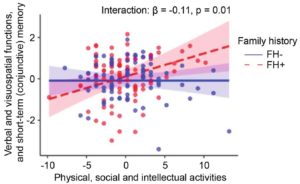

Banner Life Sciences, a uniquely innovative and entrepreneurial pharmaceutical company, identifies unmet clinical needs for patients and consumers. Committed to advancing human health through scientific innovation, Banner Life Sciences combines a proven history of formulation expertise with proprietary technologies to create specialty pharmaceuticals.
DropCite provides a network for readers, researchers, and authors to annotate and discuss emerging research, in line, anywhere, any time. The researchXchange tracks the most recent scientific preprints about Multiple Sclerosis. DropCite’s editorial team showcases the most significant preprints along with comments from the research community. Follow the conversation and hear what the experts are saying by clicking on the links below. You are free to sign up to become a member of the DropCite community if you want to join the conversation.
